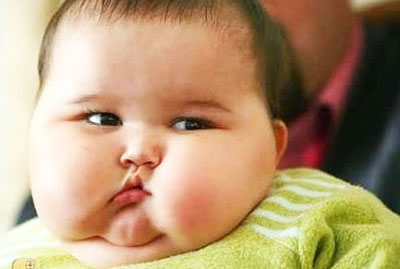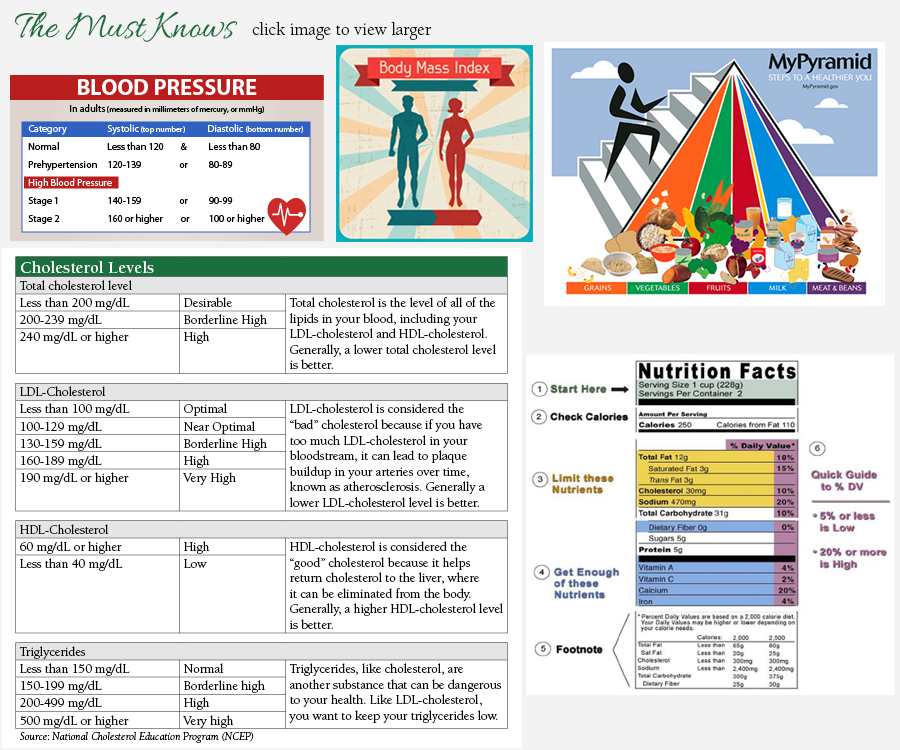Obesity Crisis
We can all agree that in the wealthiest nation on Earth, all children should have the basic nutrition they need to learn and grow and to pursue their dreams, because in the end, nothing is more important than the health and well-being of our children…. These are the basic values that we all share, regardless of race, party, religion. This is what we share.” – First Lady Michelle Obama at the signing of the Healthy, Hunger-Free Kids Act.
When is a blessing also a curse? When is a blessing also a curse?
A blessing is having that which you need for your daily sustenance. A curse results when this same blessing is overly indulged so that it becomes toxic. In the United States today, and indeed in many areas of the industrialized world, what was once scarce is now plentiful. Across this great nation, where not so long ago, starvation was a real threat to life, there are now rows of supermarkets and fast-food restaurants, all full to overflowing with nearly every variety of food imaginable. On every corner of every city and suburb, at every highway rest stop, in every mall, Americans can find more food than they could possibly consume, and at bargain prices.
Unfortunately, the food is not always what your grandmother would recognize. Much of it is processed, salted, corn-syrup, freeze-dried, and modified beyond recognition. It’s designed to be fast, easy, and cheap. The goal is to fill you up and then make sure you come back for more.
The results of the food explosion have been spectacular in a very unhealthy way.
In America today, millions of intelligent and well-meaning people parents, children, rich and poor alike are becoming obese. Not just well fed, but sick.
Obesity contributes to serious health problems including heart conditions, strokes, cancers, and respiratory problems. Each year, younger children are facing the effects of obesity at rates similar to those found in adults. Obesity is troublesome not only because it affects physical health, but also because of its effects on mental health and relationships.
What contributes to the problem of obesity? First, individual differences in life style and genetics play a significant role in physical health. Secondly, environmental factors also contribute to the obesity epidemic. These factors include the media, advertising, fast food restaurants, the family, parenting, poverty, institutions such as schools, and political agendas.
The present trend of dietary unhealthiness is hurting families. To get back to a healthy lifestyle requires commitment, discipline, and a concerted effort to move towards better health. This shift has to happen not only to improve the health of adults but more importantly for the sake of our children and generations to come.
Healthy eating is only part of the solution. A comprehensive approach to good health requires (a) meaningful relationships, (b) spiritual awareness and practices, (c) environmental wholeness, (d) physical health (for example, nutrition, sleep, dental care, and exercise), and (e) ongoing mental stimulation.
If we look at the habits of those who have lived to be centurions, we will find that the recipe for longer life consists of a balance. In a recent survey conducted by United Health Care among centurions, the findings showed that 89% communicate with a family member or friend daily. Sixty-seven percent pray or engage in some form of spiritual activity. Fifty-one percent have an exercise regimen that allows them to participate in an activity almost every day. Seventy-one percent sleep for at least eight hours—in contrast to baby boomers, who sleep approximately half that much.
Another significant characteristic of centurions is in their daily eating habits. Over 80% of centurions eat balanced meals, compared to 68% of baby boomers.
We can all learn to improve our lifestyles; we must simply commit to the process and focus on little successes along the way towards better health.
Because social and environmental factors can impact our physical and mental health in dramatic ways, we need to develop our own Health Intelligence to take control of our health. We need to look at how we learn from these outside resources, how our learning styles affect our choices, how we apply or choose not to apply our knowledge in the real world, and what it ultimately means to be health intelligent. Because knowledge is all around us and we learn from what we see, hear, taste, touch, and feel, it is critical that we explore how we can become more health intelligent.
How can having Health Intelligence make a difference? Intelligence begins with the ability to gather information. With information, individuals can make better choices in everyday life regarding their health. Individuals can analyze, apply, integrate, and draw conclusions about information that can improve their overall lifestyles and mortality outcomes. With a few significant changes, individuals can achieve strong mental health, enjoy greater longevity, have more energy, and experience so many other positive outcomes.
In this book, I’ll show you how you can develop your Health Intelligence, make better choices, and get more pleasure out of life. It’s not hard, and it’s something that everyone in the family can understand and make a part of their daily lives. I truly believe that with a well developed sense of Health Intelligence, you’ll have more energy, a higher quality of life, and better health for many years to come.
Ready? Let’s get started!
Dr. Verna













